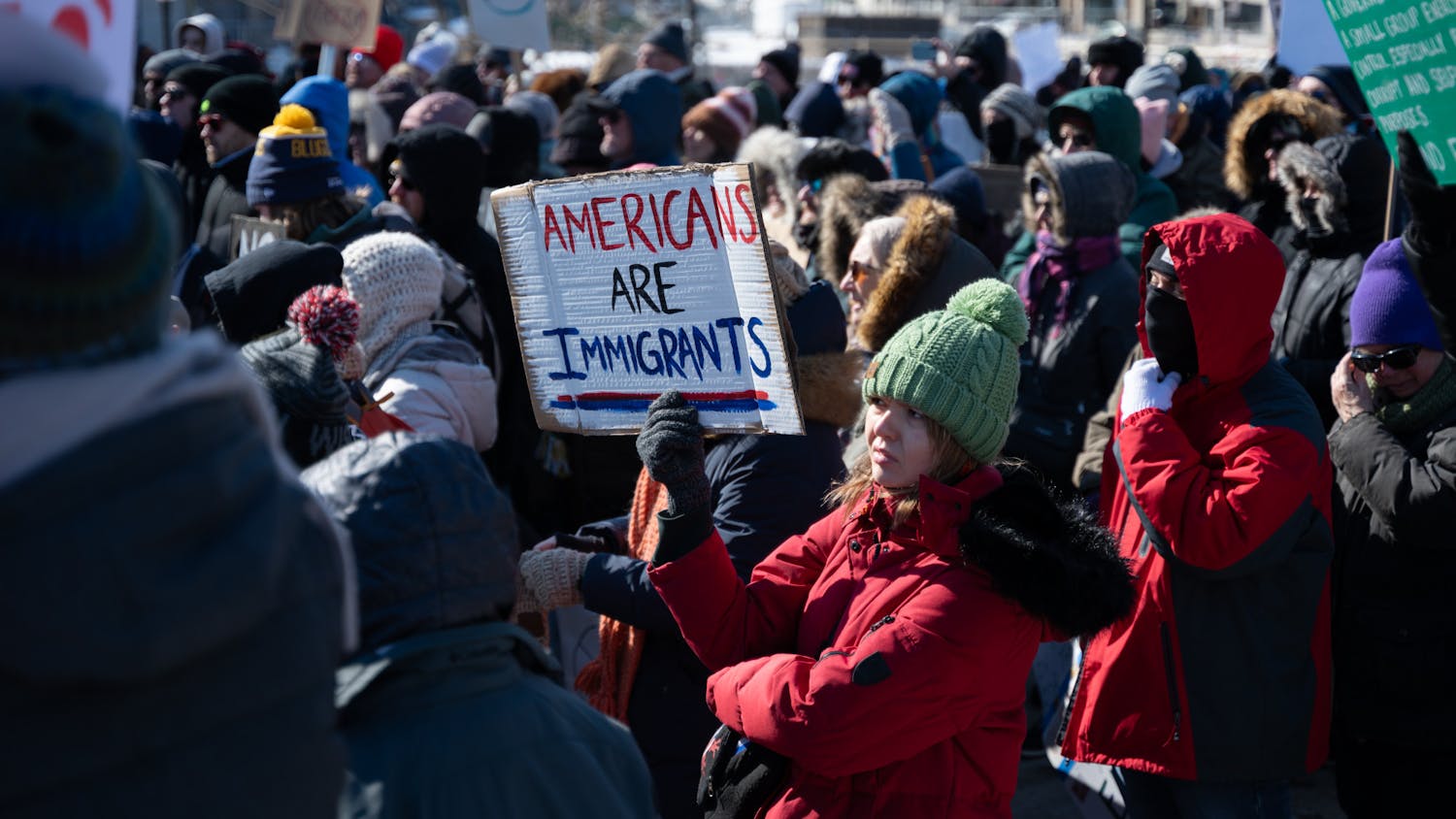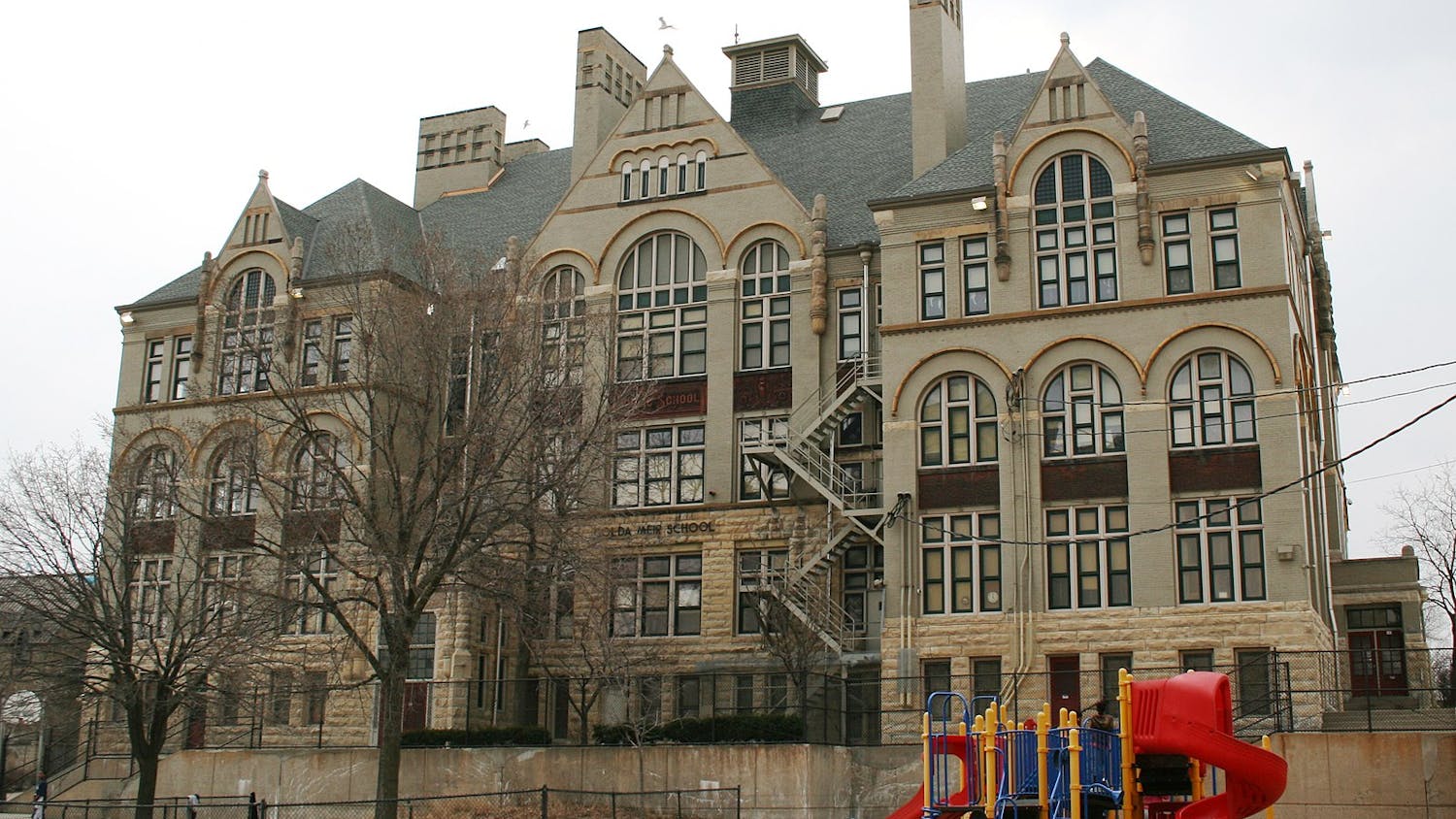University Health Services (UHS) will expand their Survivor Services staff and resources in order to meet the growing needs of survivors in the University of Wisconsin-Madison community.
Prior to the expansion, the Survivor Service team consisted of four mental health professionals and one advocate, but will now nearly triple in size since 2019.
“UHS is recruiting one full-time advocate and recently hired two full-time mental health providers—including a mental health provider focused on serving survivors of color—to join the current Survivor Services team,” UHS said in a press release.
Survivor Services works to support student survivors of domestic violence, dating violence, stalking, sexual assault, harassment and exploitation.
Students are offered three options through Survivor Services: advocacy, mental health and medical assistance. Student survivors can receive confidential, non-clinical support with an advocate at no-cost through the advocacy program. An advocate can provide referrals to accommodations, consultations or any assistance related to the circumstance.
Mental health support is another area of assistance the program offers. Students can join support groups facilitated by mental health professionals or meet with the professionals on an individual level.
Those seeking medical assistance can do so through Survivor Services. UHS’ partnership with DaneMac — an organization that aims to empower survivors — provides students with numerous services, including emotional support, physical examination, collection of any medical forensic evidence, assistance with police reporting, information for concerns about sexually transmitted infection, pregnancy and any medical follow-up plan.
Survivor Services also added an entirely new position to lead the expansion — director of Survivor Services, which will be filled by Molly Caradonna.
According to a press release, Caradonna pushed to add a pilot support group for queer students at the Gender and Sexuality Campus Center (GSCC), which aims to support LGBTQ+ students and their communities through education, outreach and advocacy at the university. Caradonna also plans to add a survivor-focused section to the Let’s Talk program. Let’s Talk is another initiative UHS offers students to obtain informal and confidential support from mental health services counselors.
“Our team works to support survivors in each step of their healing process,” said Caradonna in a press release. “I’m grateful that, with these program expansions and additional staff, we are able to better serve survivors in our campus community. I look forward to continued work with campus partners and student organizations who share our goal of ending violence and empowering survivors on campus.”
Those who need to contact Survivor Services can do so by calling, emailing or scheduling an appointment through Starfish.
If in immediate danger, UHS urges students to call 911 first. For urgent medical concerns, students are able to speak to a nurse — anonymously, if needed — during UHS open hours. Additionally, students can attend drop-in appointments on the sixth floor of East Campus Mall at University Health Services during office hours. A crisis line will be available for urgent concerns outside of office hours.






